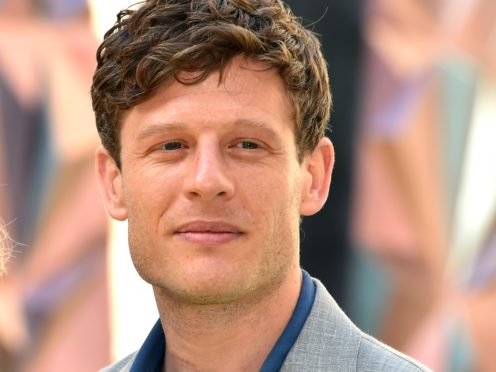A Civil Rights storyline on the new series of Grantchester has sparked arguments over political correctness.
Viewers took exception to the series delving into violent racial tensions in the setting of a sleepy Cambridgeshire parish, as Robson Green and James Norton returned to the ITV show.
Some online comments accused the programme of being “left wing” political pandering, while others welcomed the show exploring the social movements which shaped the era of the period drama.
Many praised the programme for tackling the prejudice and violence which plagued the black community and sparked the fight for Civil Rights.
Others were firm in their criticism of the show, which they accused of straining to be topical for a modern audience.
John Hobson said online: “It would be possible to discuss middle class racism in the 1950s but this is just crudely transposing a 21st century sensibility on a fiction that never existed.”
The first episode of the new series saw Civil Rights clergymen visiting Grantchester, where they become victims of a segregationist protest during their speaking tour.
Amid the turmoil of the protest, one of them is stabbed, sparking a murder investigation in the Grantchester.
Discussions of prejudice and racial division permeated the episode, and were at the root of the motivation for the on-screen murder.
Darren Dixon objected to the subject matter of the show, writing on Twitter: “Oh look, more left-wing stuff being served up.
“Grantchester is all about genteel, rural Cambridgeshire in the 1950s.
“They are trying to create scenes from Apartheid South Africa. Is it possible to make TV these days, without endless messages?”
But other viewers welcomed the arrival of deeper issues into the idyllic parish, and found modern parallels with the 1950s prejudice.
Teresa Sorokin wrote on Twitter: “Today’s episode of Grantchester is very appropriate, shows the England of Brexit dreams.
“No dogs, no Irish, no blacks. Personally I’ll stick with an open mind and heart.”
Mick Scholey urged other viewers too leave politics aside when viewing the Friday night drama, writing: “Once again people getting too deep into the story instead of just enjoying it. For goodness sake it’s a 45-minute ITV drama well made and well acted.”
